Researchers and Visiting Scholars
Dr. Mohammad Kazemi (9/2019 – present)
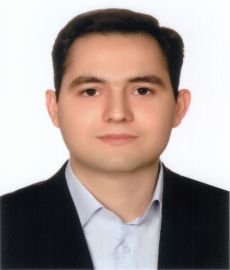
Mohammad Kazemi received the B.S. and M.S. degrees from the K.N. Toosi University of Technology (Tehran, Iran) in 2007 and 2010, respectively, and the Ph.D. degree from Amirkabir University of Technology (Tehran, Iran) in 2017, all in electrical engineering. He was a visiting student with Bilkent University, Turkey, in 2015. He was a researcher in MMWCL at Amirkabir University of Technology from 2017 to 2019. He is currently a postdoctoral fellow in the EE Department at Bilkent University. His research interests are in wireless communications and signal processing, with a particular focus on massive MIMO and massive random access systems.
Linkedin: Mohammad Kazemi.
Dr. Reza Asvadi (6/2023 – present)
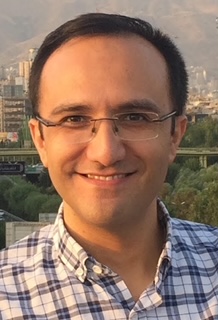
Reza Asvadi (Senior Member, IEEE) received the B.Sc. degree (with highest honors) from K. N. Toosi University of Technology (KNTU), Tehran, Iran, in 2001, the M.Sc. degree from Sharif University of Technology, Tehran, in 2003, and the Ph.D. degree from KNTU, in 2011, all in electrical engineering.
He is an Assistant Professor with Shahid Beheshti University, Tehran, since 2016. He is currently a visiting scholar in Bilkent University, Ankara, Turkey. From 2004 to 2006, he was a Lecturer with Army Airforce University, Tehran, to fulfill his national service. He was a Post-Doctoral Researcher with the University of Oulu, Oulu, Finland, from 2012 to 2014, where he participated in many Academy of Finland and European Union (FP7) projects investigating iterative algorithms and information-theoretical bounds over new emerging wireless networks. His research interests include coding and information theory and signal processing for wireless communications.
Dr. Asvadi was a recipient of several post-doctoral research grants, including the University of Alberta (2011-2012) and Carleton University (2014-2016) Postdoctoral Fellowships. He was also an Exemplary Reviewer for IEEE Trans. Commun. in 2022.
Dr. Ruslan Morozov (7/2023 – present)
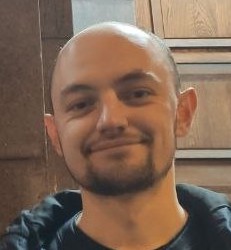
Ruslan Morozov received the M.S. degree in computer science from St. Petersburg Polytechnic University in 2014, and the Ph.D. in information theory from ITMO University (St. Petersburg, Russia) in 2020, with the supervision of professor Peter Trifonov. He worked as a senior R&D engineer in coding theory in Moscow Research Center of Huawei. He is currently a postdoctoral fellow at Bilkent University. His research interests are coding theory – especially polar, LDPC and GLDPC codes – and information theory, as well as their applications.
LinkedIn: https://www.linkedin.com/in/ruslan-morozov-7b960a143/
IEEEXplore: https://ieeexplore.ieee.org/author/37086160737
Ph.D. Students
Mert Ozates (9/2018 – present)

Mert Özateş received his B.S. and M.S. degrees from Bilkent University in 2016 and 2018, respectively, in Electrical and Electronics Engineering. He is pursuing his Ph.D. degree under the supervision of Prof. Dr. Tolga Mete Duman in the Department of Electrical and Electronics Engineering at Bilkent University. His research interests include 5G and beyond wireless communication systems with a particular focus on massive MIMO and multiuser communications.
Linkedin: https://www.linkedin.com/in/mert-özateş-292991a8/
Büşra Tegin (2/2020 – present)
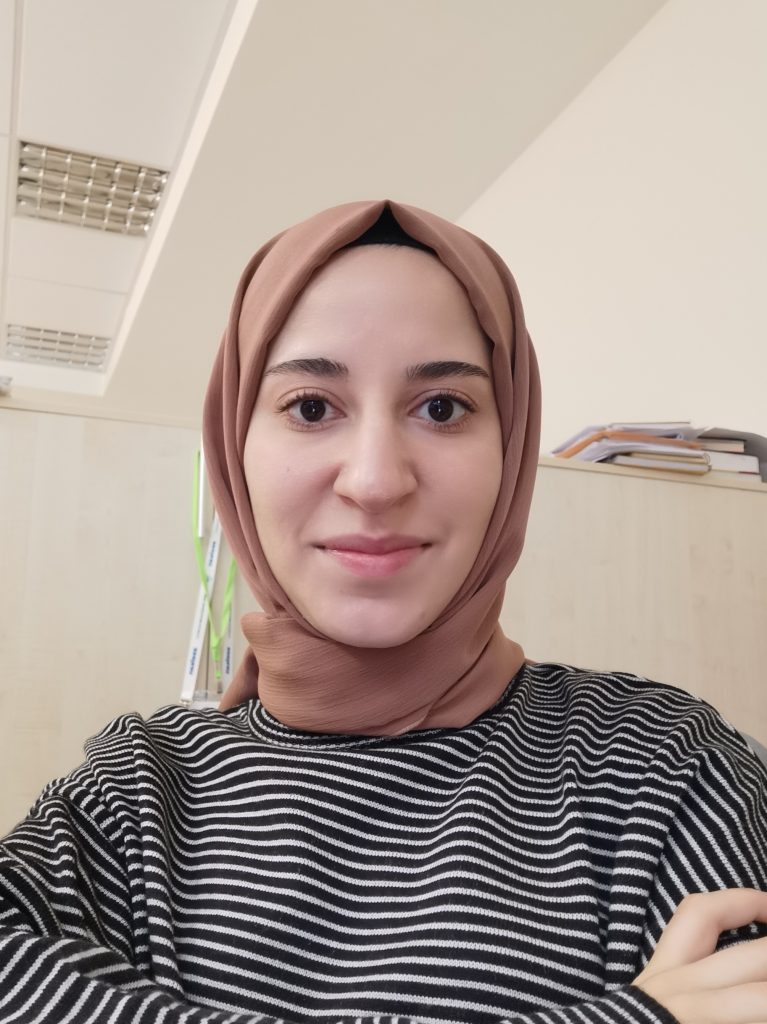
Büşra Tegin received the B.S. and M.S. degrees from Bilkent University in 2017 and 2020, respectively, all in electrical and electronics engineering. She is currently a Ph.D. student at Bilkent University under the supervision of Prof. Tolga M. Duman. Her research interests are in wireless communications.
Linkedin: https://www.linkedin.com/in/büşra-tegin-462a27167/
Mohammad Javad Ahmadi (2/2020 – present)
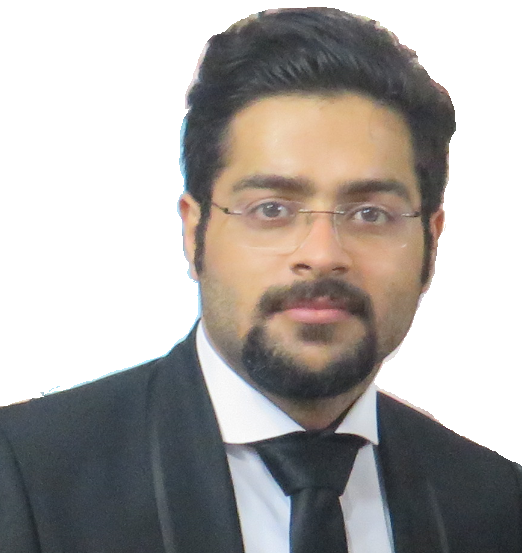
Mohammad Javad Ahmadi received the B.S. degree (with honors) in electrical engineering in 2013 from Babol Noshirvani University of Technology, Babol, Iran, and the M.Sc. degree in communications in 2015 from Sharif University of Technology, Tehran, Iran. He is currently a Ph.D. student in the EE Department at Bilkent University. His research interests include adaptive algorithms, estimation theory, machine learning.
M.S. Students
Muhammad Atif Ali (9/2021 – present)
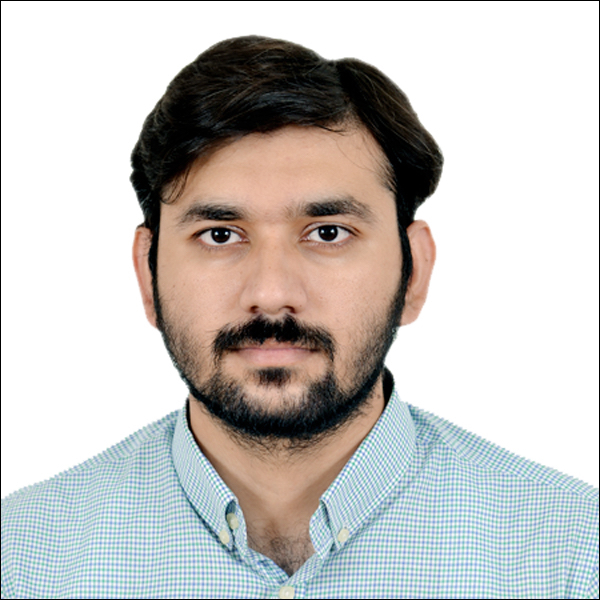
Muhammed Atif Ali received his undergraduate degree in electrical engineering from the Pakistan Institute of Engineering and Applied Sciences (PIEAS), Islamabad, Pakistan, in 2016. After a professional experience of more than five years, he joined the Department of Electrical and Electronics Engineering, Bilkent University, in September 2021 as a graduate research assistant. He is currently seeking his master’s degree in electrical engineering under the supervision of Professor Tolga Mete Duman. His research areas are energy-efficient neuromorphic architectures using memristors as an in-memory computing device and their possible applications in edge machine learning.
Linkedin: https://www.linkedin.com/in/muhammad-atif-ali
E. Uras Kargı (2/2022 – present)
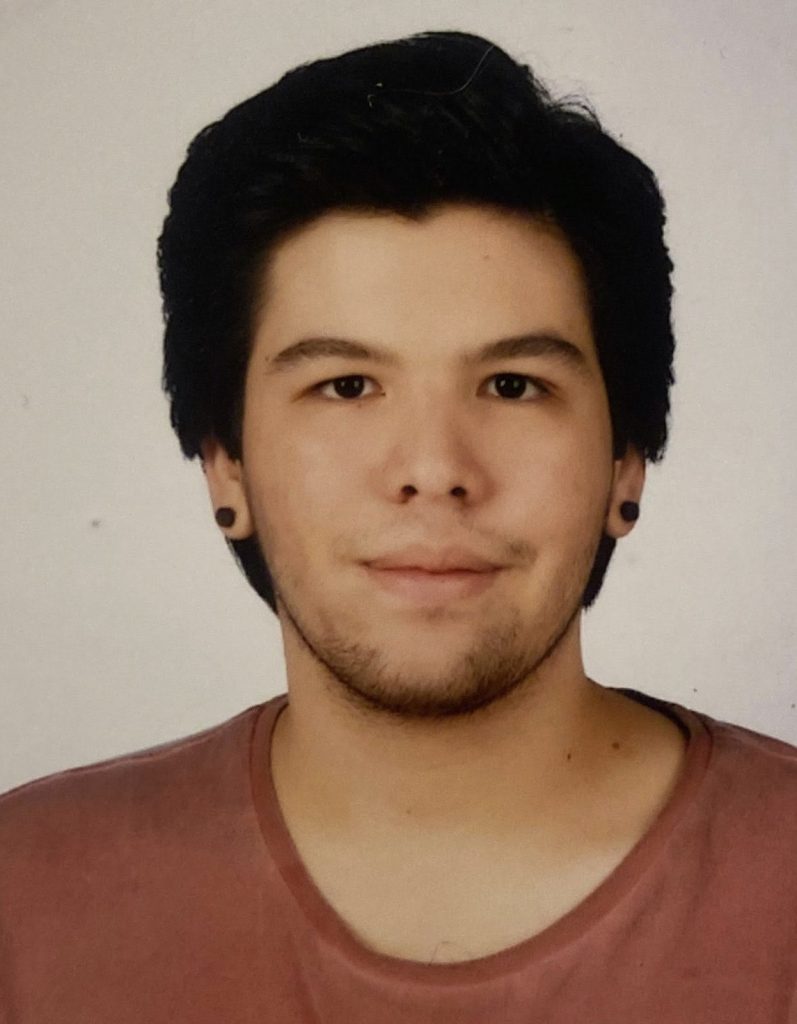
Uras Kargı received his B.S. degree (with honors) in Electrical and Electronics Engineering from Bilkent University in January 2022. He is currently an M.S. student at Bilkent University under the supervision of Tolga M. Duman and a member of the CTAR Lab. His current research interests are deep learning applications for decoding polar codes, channel coding, and machine learning.
Linkedin: www.linkedin.com/in/uraskargi
Furkan Bagci (9/2022 – present)
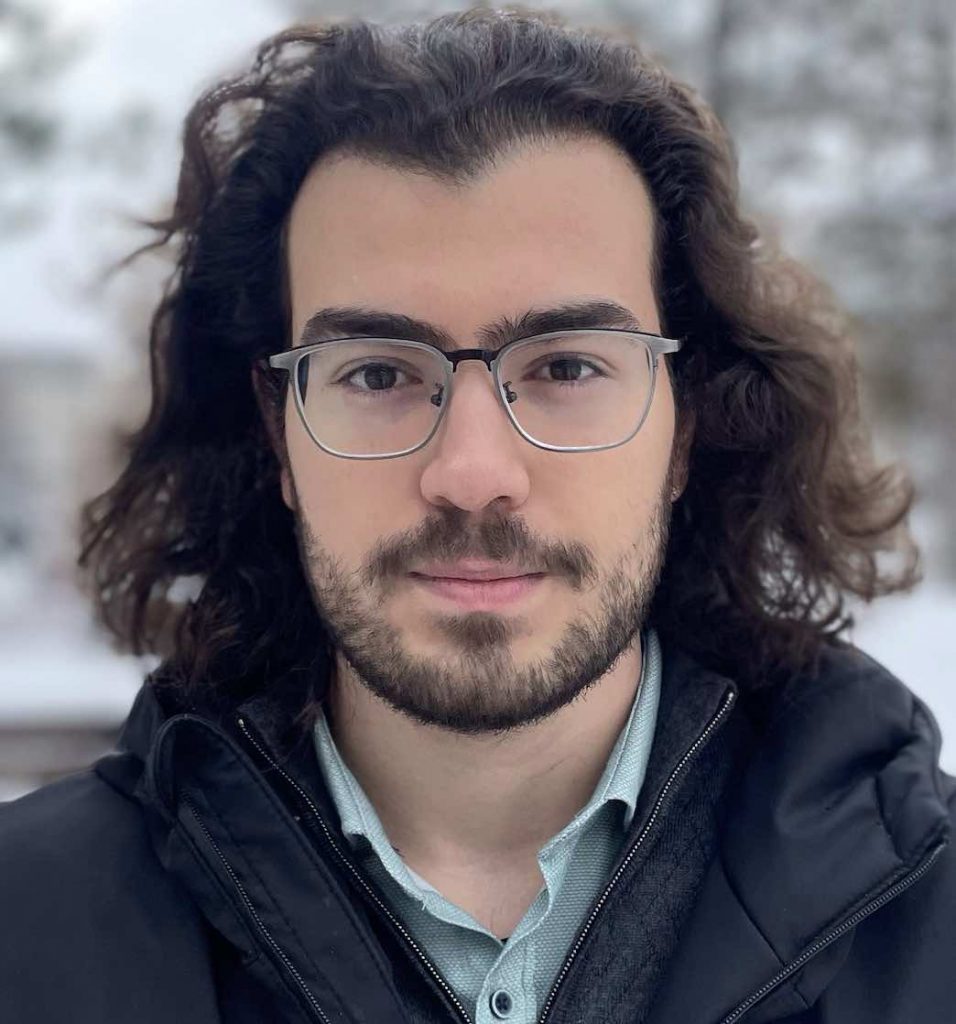
Furkan Bagci received the B.S. degree in Electrical and Electronics Engineering from Bilkent University, Ankara, Turkey, in 2022. He is currently pursuing an M.S. degree at Bilkent University under the supervision of Prof. Tolga M. Duman. His current research interests focus on the interactions between machine learning and wireless communications, specifically on federated learning.
Linkedin: https://www.linkedin.com/in/furkan-bagci